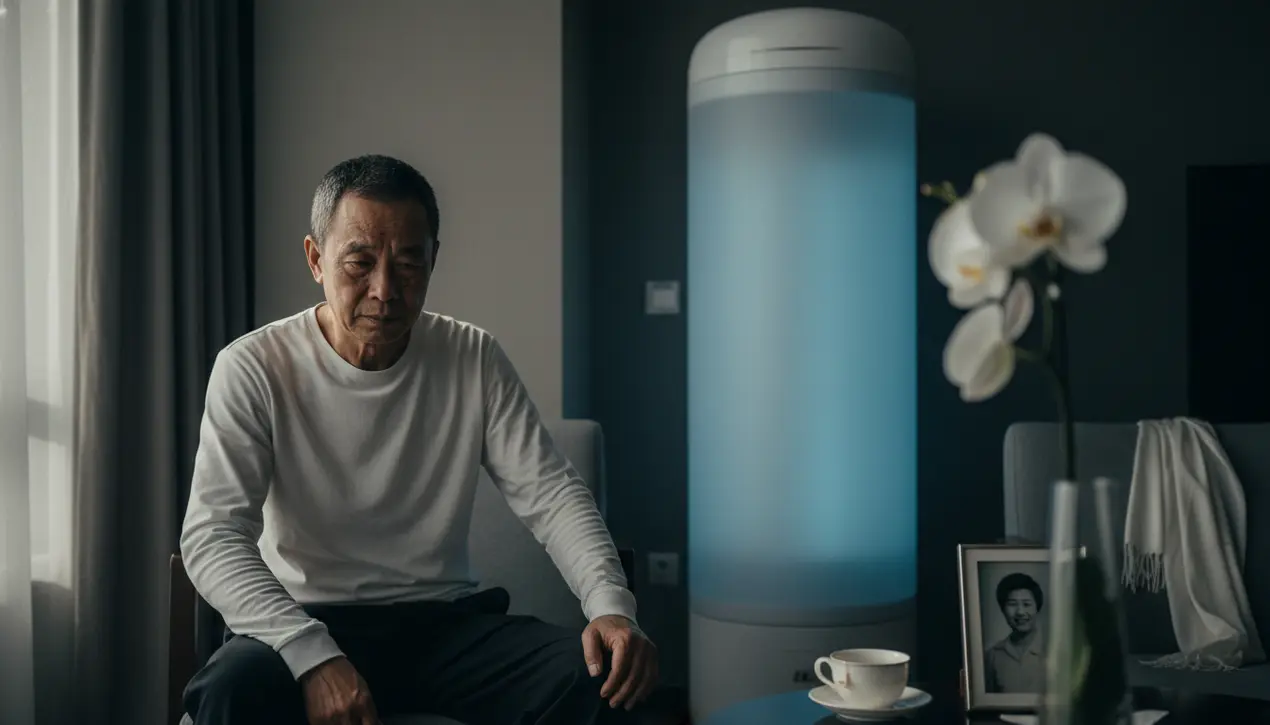
SciencemedicineCancer Research
Husband of cryogenically preserved wife faces moral debate.
LA
Laura Bennett
4 hours ago7 min read
Gui Junmin, a 57-year-old sports industry professional, finds himself navigating one of life's most profound moral gray areas, a scenario that feels ripped from a science fiction novel yet is painfully real for him. In 2017, faced with the devastating prognosis that his wife, Zhan Wenlian, had only months to live after a brutal lung cancer diagnosis, he made an unprecedented decision.He chose to have her body cryogenically preserved, making the 48-year-old Zhan China's first citizen to undergo the procedure, a desperate gamble on future science offering a sliver of hope where modern medicine had none. For Gui, it was an act of profound love, a refusal to accept a permanent goodbye, envisioning a day when a cure could be found and his wife could be revived.Yet, this act of devotion has now spiraled into a complex ethical dilemma that touches the very core of human relationships, grief, and the definition of fidelity. The heart of the controversy, which has ignited fierce debate across Chinese social media and in private conversations, is that Gui has begun a new romantic relationship while his wife remains in a state of suspended animation.From one perspective, critics argue that this betrays the original vow and the immense financial and emotional investment made to preserve Zhan, framing it as a moral failure and an abandonment of his spousal duties. They question the point of the immense sacrifice if life simply moves on.However, speaking with individuals who have experienced profound loss reveals another, more empathetic perspective. Prolonged grief, even without the unique circumstance of cryopreservation, is a heavy burden, and the human need for companionship, for warmth and shared daily life, is a powerful, almost biological, imperative.Is it fair to expect a man to live in a state of perpetual emotional limbo, mourning a partner who is technically not declared dead, for what could be decades or even centuries? This situation forces us to confront uncomfortable questions about the boundaries of love and obligation. There is no historical precedent or cultural script for this; it is uncharted territory.Gui Junmin is essentially a widower who cannot fully mourn, a husband who cannot be with his wife, a man trying to find happiness in a present that is forever shadowed by a possible future. His story is less about a technological marvel and more about the enduring, messy, and often contradictory nature of the human heart when stretched between memory and hope, between a promise to the past and the pressing needs of the present.
#cryogenics
#medical ethics
#lung cancer
#China
#relationships
#featured
Stay Informed. Act Smarter.
Get weekly highlights, major headlines, and expert insights — then put your knowledge to work in our live prediction markets.
Related News
Comments
Loading comments...
© 2025 Outpoll Service LTD. All rights reserved.